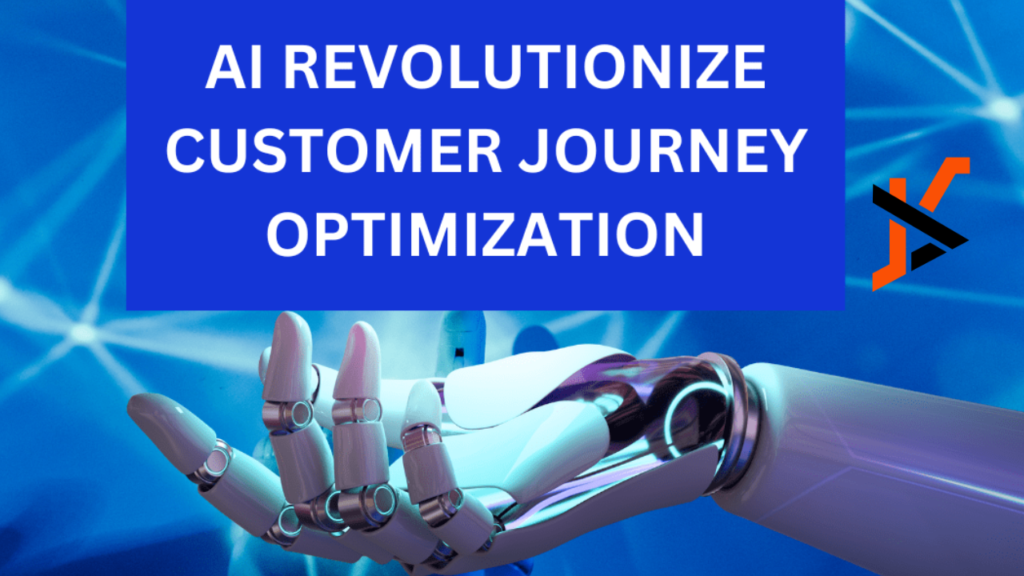In recent years, the B2B sector has witnessed a monumental shift in how businesses engage with one another. Driven by Artificial Intelligence (AI) integration, customer journeys have become more sophisticated, targeted, and personalized. This transformation is rooted in the ability of AI to analyze vast datasets, uncovering insights that human analysts might miss and enabling a more strategic approach to customer interaction.
AI and Enhanced Customer Understanding
The first step in personalizing the customer journey is understanding each business client’s unique needs and behaviors. AI excels in this area through predictive analytics and machine learning. For instance, B2B lead generation services have been revolutionized by AI, which can identify potential clients based on likely future needs and behaviors rather than solely historical data. This predictive capability allows companies to tailor their marketing efforts more effectively, ensuring they engage the right prospects at the right time with the right solutions.
Moreover, AI-driven tools can segment audiences with unparalleled precision, breaking the broad spectrum of B2B clients into narrow categories. Each segment can be approached with customized marketing strategies that resonate deeper, fostering a stronger connection and accelerating the sales cycle.
Streamlining Interactions through Automation
AI doesn’t just stop at data analysis and lead generation; it also streamlines interactions through automation. Chatbots and virtual assistants powered by AI can handle routine inquiries and support tasks, freeing human representatives to focus on more complex and nuanced client needs. This shift optimizes operational efficiency and improves customer satisfaction by reducing wait times and providing instant assistance.
Furthermore, AI facilitates the creation of dynamic content. Content management systems equipped with AI can now deliver content that adapts in real time to the interaction history of each client. This means that every content a client sees is optimized to their current relationship with the company and their evolving needs.
Predictive Personalisation in Action
AI’s role extends into predictive personalization, where future client needs are anticipated based on past interactions, market trends, and individual client goals. This approach enhances customer satisfaction by providing relevant solutions before a clienclientsealize they need them and builds a proactive relationship framework that many B2B clients value highly.
For example, AI algorithms can predict when a client might need a service upgrade or a new product release and prompt the sales team to initiate contact. This level of proactive engagement can set a business apart in a competitive market where timing and relevance are critical.
Navigating Challenges and Opportunities
Despite its benefits, the application of AI in personalizing B2B customer journeys is not without challenges. Concerns about data privacy, the need for continuous algorithm updates, and integrating AI systems into existing platforms are significant hurdles. However, when navigated successfully, these challenges can lead to substantial opportunities in customer retention and revenue growth.
As businesses adopt AI in their operations, personalizing customer journeys in the B2B sector will only become more refined and impactful. AI offers robust tools that can transform traditional customer interactions into dynamic, insightful, and highly personalized engagements. This shift promises improved customer satisfaction and loyalty and positions AI as an indispensable ally in the quest for business growth and innovation in the B2B marketplace.

